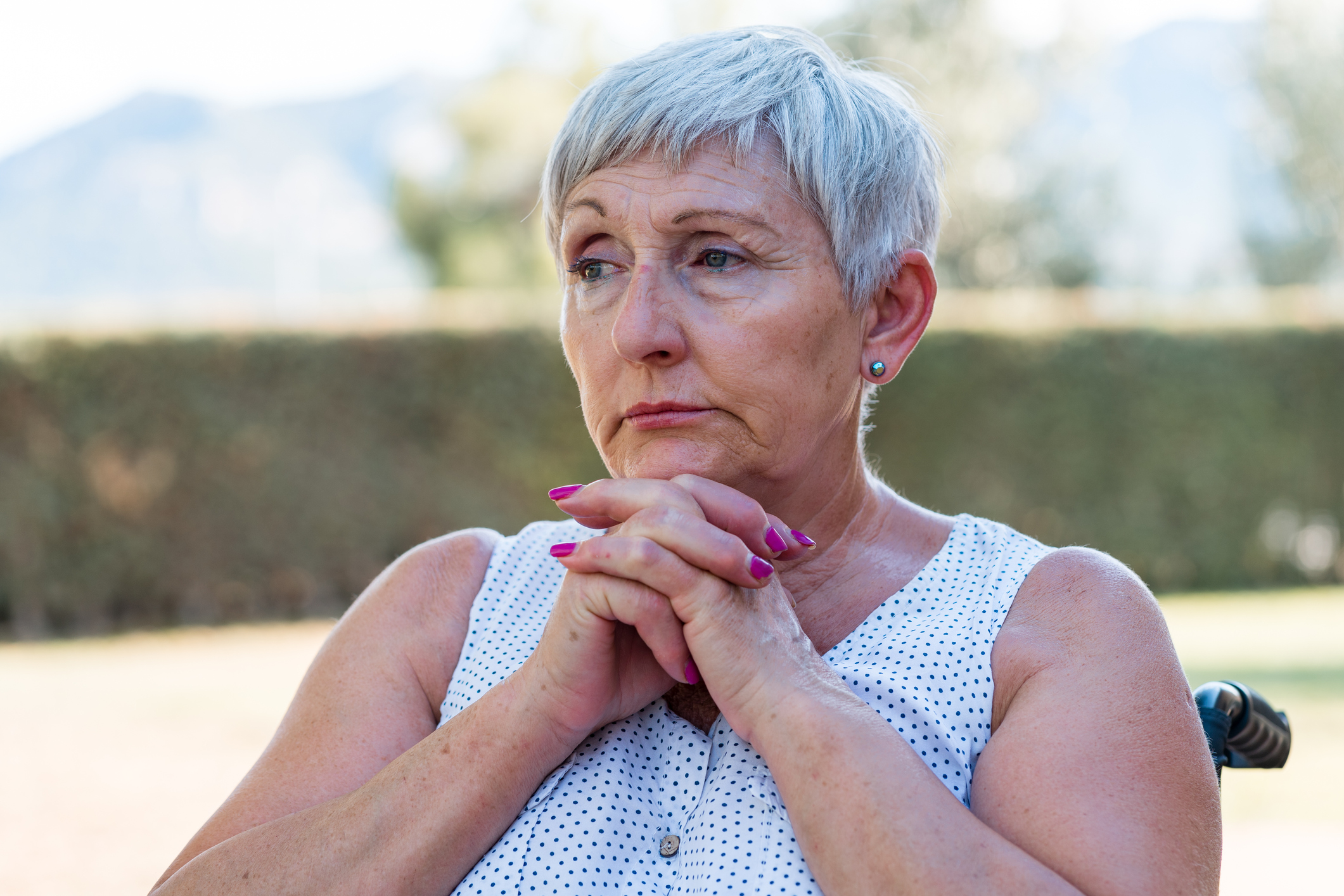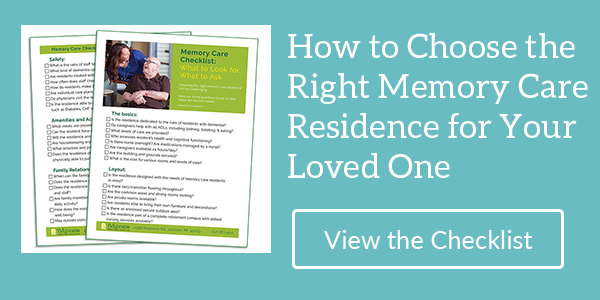Alzheimer’s disease is devastating and its prevalence is on the rise. According to the alz.org report, “2023 Alzheimer’s Disease Facts and Figures,” in 2023 there are about 6.7 million Americans age 65 and older with the disease, and as the population ages, that number will continue to grow unless there is a cure. Even more difficult to acknowledge is that two-thirds of those with Alzheimer’s disease are women. To better understand the Alzheimer’s disease challenges for women, take a look at what experts know now.
Higher risk
One of the top Alzheimer’s disease challenges for science is why women are at twice the risk as men. According to the brainandlife.org article, “How Alzheimer’s Disease Affects Women,” the reasons are just beginning to be understood. One reason is that women live longer than men and that the risk of Alzheimer’s disease increases with age, doubling every five years after 65 and increasing to a one in three chance after age 85.
Another area of research is the connection between Alzheimer’s disease and menopause, a phase of life that is uniquely female. The health.harvard.edu article “Menopause and memory: Know the facts” explains how researchers have found that the loss of ovarian hormones (in particular the estrogen hormone estradiol) may directly influence memory performance and function. Among the impacts are reduced verbal memory performance and an increase in forgetfulness. Another problem that may be implicated is lower levels of glucose during menopause because glucose is the main fuel that brain cells need to function.
Although current information supports the well-timed use of hormone replacement, more research is needed. In addition, starting hormone replacement in the late stage of menopause may actually increase the risk of Alzheimer’s disease.
One more of the Alzheimer’s disease challenges for women is associated with the immune system. According to the health.harvard.edu article, “Why are women more likely to develop Alzheimer’s disease?,” although women have stronger immune systems than men, they also have a higher risk of autoimmune disorders. The connection is that the immune system may create amyloid plaques in the brain to fight infection and these plaques are also a key component of Alzheimer’s disease, interfering with the brain’s ability to send communication signals. As a result, women may develop more amyloid plaques than men which increases their risk of Alzheimer’s disease.
Depression and Alzheimer’s disease
Another of the Alzheimer’s disease challenges for women is the possibility that depression is a risk factor. It’s a fact that women have a higher incidence of depression due to biology and life circumstances and the medicalnewstoday.com article, “What to know about Alzheimer’s disease and depression,” notes that studies are revealing that not only is depression found among about 75% of people with Alzheimer’s disease, but that depression prior to diagnoses may somehow be implicated as well.
Although there is yet no definitive association, what researchers do know is that depression is a risk factor for cognitive decline and that those with a mental health condition are at four times greater risk of developing dementia in their later years. Ongoing research may help determine if depression is indeed another of the Alzheimer’s disease challenges.
Caregiver challenges
When a loved one receives an Alzheimer’s disease diagnosis, families often step up to help care for them. In fact, according to the aarp.com article, “Dementia’s Gender Disparity: Report Uncovers Unique Challenges Facing Women,” approximately 16 million Americans are currently providing care for someone with dementia and the Alzheimer’s Association estimates that of these caregivers, 60% are women.
All caregiving comes with challenges that can tax even the most compassionate women, but Alzheimer’s disease challenges can be especially difficult. As the disease progresses, loved ones might become easily confused and disoriented, have mood swings and personality changes, suffer from anxiety and depression, and may wander away from home and become lost or injured.
For their part, caregivers may become overwhelmed and also suffer from depression and anxiety, they may not put their health first and become ill themselves, their career may suffer, and they may have to shoulder an additional financial burden to hire help when they cannot be there. So even if they don’t have the disease themselves, it can easily have negative repercussions on their lives.
Thankfully modern senior living can help address many of the Alzheimer’s disease challenges in the safety and security of memory care. For more information about Countryside, please call Margaret Nagel at (517) 206-5000 or download our brochure to learn about our care levels, cost, and amenities.


